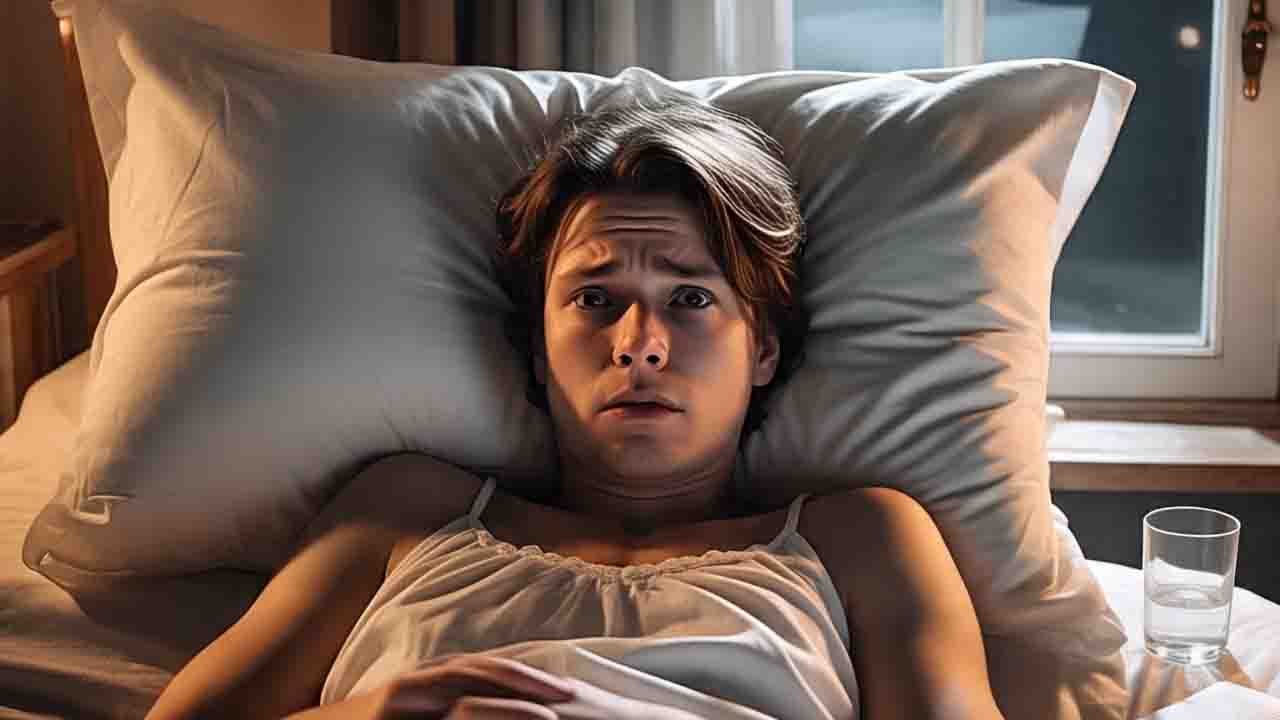
Elmsleep – The Rise of Sleep Anxiety is becoming a silent yet pervasive health crisis in 2025, with millions of people worldwide grappling with disrupted sleep and persistent worry about rest quality. This growing concern is fueled by increasing digital dependency, economic instability, and lingering mental health effects from the COVID-19 pandemic era. Unlike general insomnia, sleep anxiety centers around the excessive fear or pressure of not being able to sleep ironically making it even harder to fall asleep.
The impact is profound. People experiencing sleep anxiety often enter a cycle of stress that prevents rest, leading to fatigue, mood disorders, and reduced productivity. Health professionals are now recognizing this as a serious condition that can trigger long-term cognitive and physical health issues. With so many aspects of modern life contributing to poor sleep hygiene such as late-night screen exposure and work-related stress the issue is becoming harder to ignore.
The Rise of Sleep Anxiety doesn’t exist in a vacuum. In today’s hyper-connected world, many individuals stay glued to their devices late into the night, disrupting melatonin production and overstimulating the brain. At the same time, financial pressures, global uncertainty, and even climate-related stressors are increasing overall anxiety levels, especially among younger generations.
“Beyond the Cart: How Social Media Is Transforming”
Experts point out that while occasional sleep disturbances are common, the chronic worry about sleep sets sleep anxiety apart. It becomes a self-fulfilling prophecy: the more one worries about sleep, the harder it becomes to achieve. This has led to a surge in the use of sleep aids, apps, and wellness products some helpful, others potentially harmful if used improperly or without guidance.
As The Rise of Sleep Anxiety continues, healthcare professionals are pushing for a more holistic approach to sleep wellness. Cognitive Behavioral Therapy for Insomnia (CBT-I), mindfulness practices, and digital detox routines are among the most recommended non-medication interventions. Public health campaigns now emphasize the importance of sleep as foundational not optional for overall wellbeing.
The global health community is beginning to treat sleep anxiety not just as an individual issue, but as a public health concern. Tackling this silent crisis requires collaboration between mental health experts, educators, tech developers, and policy makers. As awareness spreads, there’s hope that we can shift attitudes toward sleep from performance pressure to peaceful necessity.
“Milwaukee M18 FUEL: The Ultimate Cordless Brad Nailer”